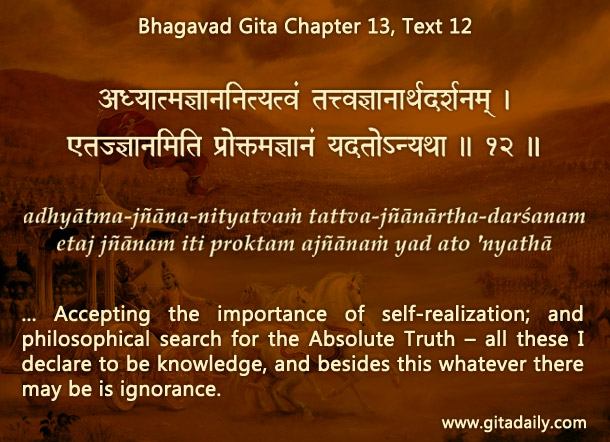Education centers not on building our resume but on broadening our reality
Today’s academic culture often makes students obsessed with building their resume. When they have to decide which course to take or which co-curricular or extracurricular activity to join, they reflexively reject anything that can’t be added to their resume. Indeed, today’s ethos makes them believe that education is meant to paint their profile so that they can impress others, sound smart and get lucrative jobs.
However, education is meant for a far bigger purpose, as is implicit in its etymology. Education comes from the Latin educare, which means to bring out what is within. Within us are undiscovered interests and talents that make us who we are, that equip us to make our distinctive contribution and find sublime satisfaction. Ultimately, within us lies our spiritual essence, our soul. Education is meant to broaden our reality so that we see beyond the material reality glamorized by today’s culture to the spiritual reality, the reality that matters the most for our fulfillment.
Stressing this self-discovering and self-developing purpose of education, the Bhagavad-gita (13.08-12) describes knowledge in terms of qualities that enhance our character and expand our consciousness. In this list of twenty qualities, the last two are: the awareness that spiritual knowledge alone is eternal and the metaphysical search for understanding the nature of reality. And this list concludes by declaring that everything apart from these qualities comprises ignorance. This declaration doesn’t deny the practical utility of other forms of knowledge; it just stresses the ultimate futility of any knowledge that doesn’t illumine our essence.
If we wish to fulfill the ultimate purpose of education, the Bhagavad-gita stands ready. It provides a magnificent worldview that reveals who we really are, what matters most to us, and how we can lead a life that is meaningful, purposeful and joyful.
Think it over:
- According to today’s ethos, what is the purpose of education?
- What is the actual purpose of education, as indicated by the word’s etymology?
- How does the Gita help us fulfill the purpose of education?
***
13.12 accepting the importance of self-realization; and philosophical search for the Absolute Truth – all these I declare to be knowledge, and besides this whatever there may be is ignorance.

To know more about this verse, please click on the image
Explanation of article:
https://www.youtube.com/watch?v=vpkmo2zaB_c&feature=youtu.be
Podcast:

School is a building of four walls with tomorrow inside
Eloquent